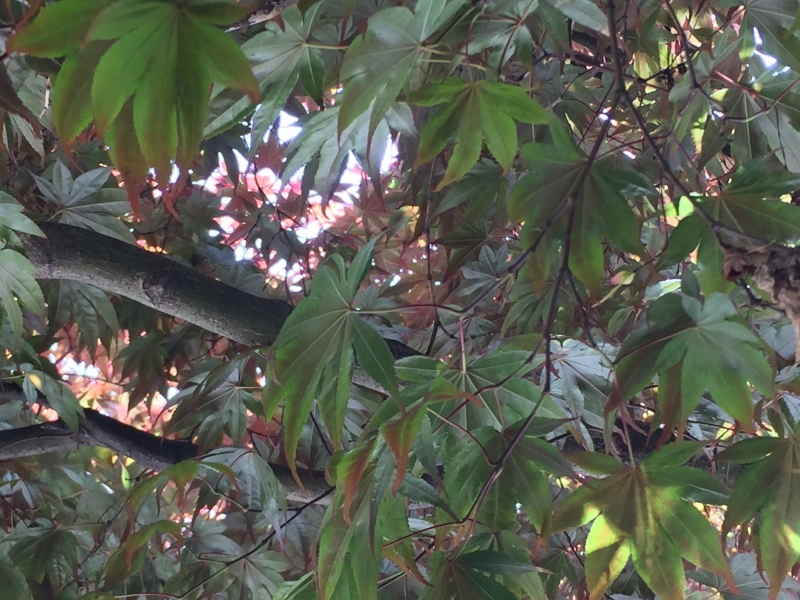I remember when Dali first joined our family, we lived in a downtown area. She was about six months old, maybe close to a year and filled with energy. She loved saying hello to people, all people. She would go up to everyone and greet them. And most people responded in kind, although there were always some who were busy or didn’t want to be bothered, which was no problem for Dali. She would just move on to the next person. Though she is nearing 14 years old, she still goes out of her way to greet people and it is clear how happy this interaction makes her.
Social interaction makes a big difference in our health. It is as important as eating healthy and exercising.
In this seven-minute segment, Shankar Vedantam focuses on the health impacts of social isolation for men, but it has good information for everyone.
Researchers Examine What Social Isolation Can Do To Men’s Health
Take time to connect with other people. Say hello to others on the bus or subway. Or when you’re on line. Strike up a conversation with a bank teller or cashier. I know from my experience, though brief, these interactions can boost my mood.
(Professional Website: http://www.BethLevineCounseling.com)












